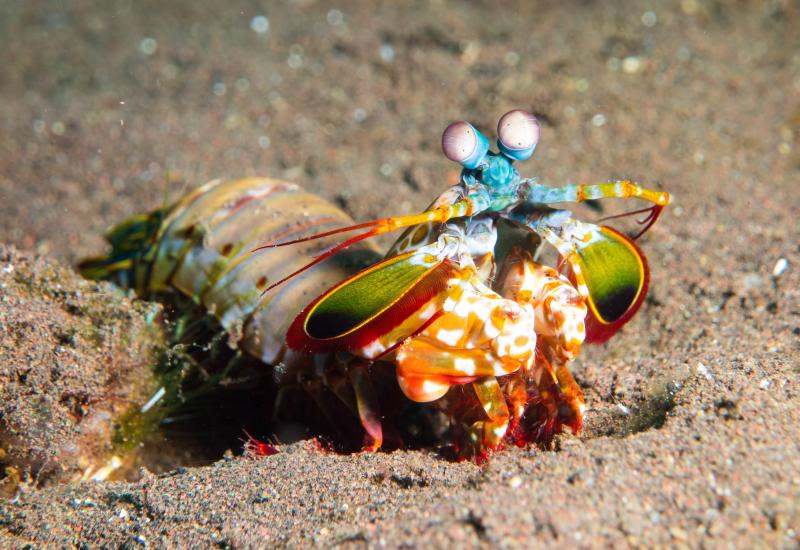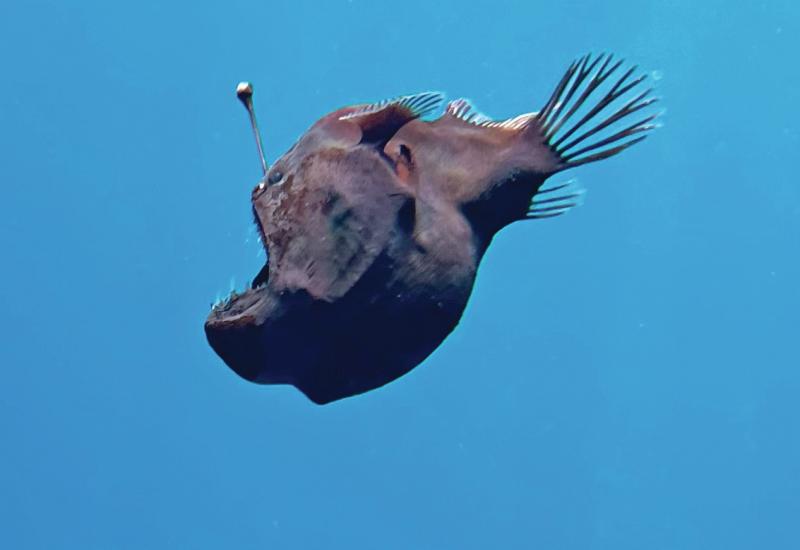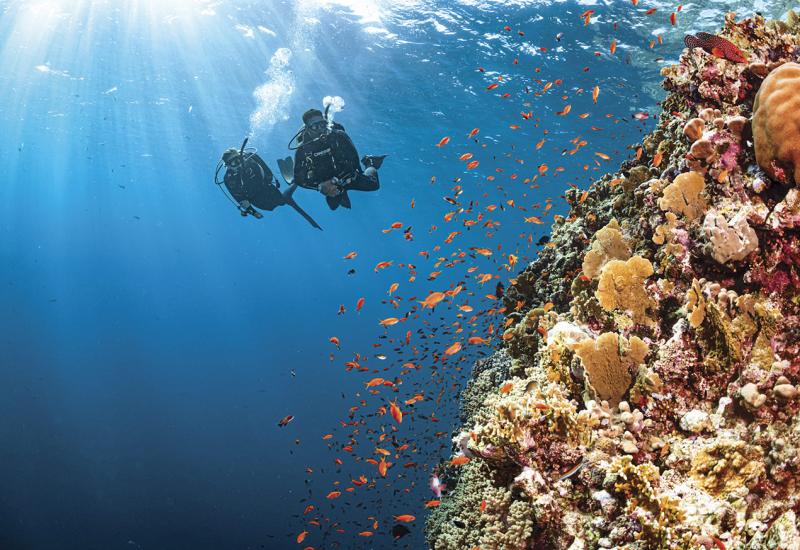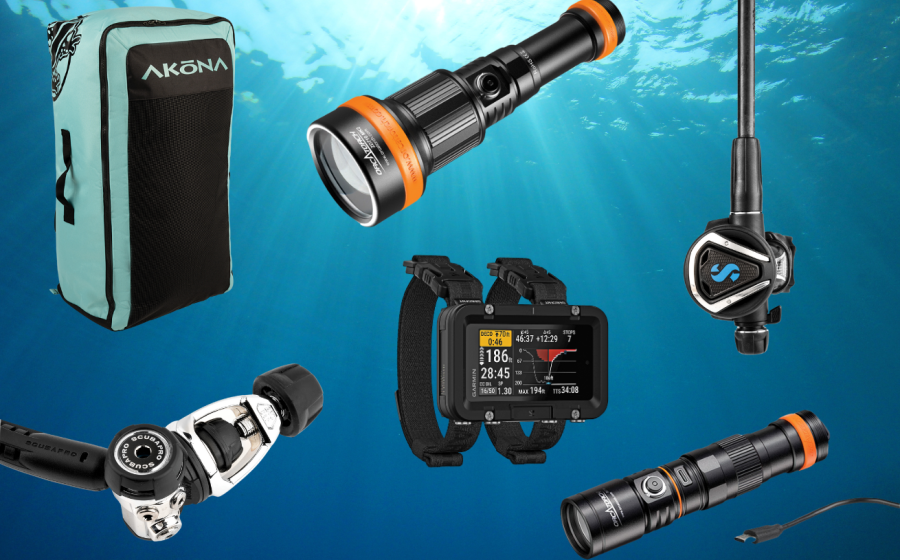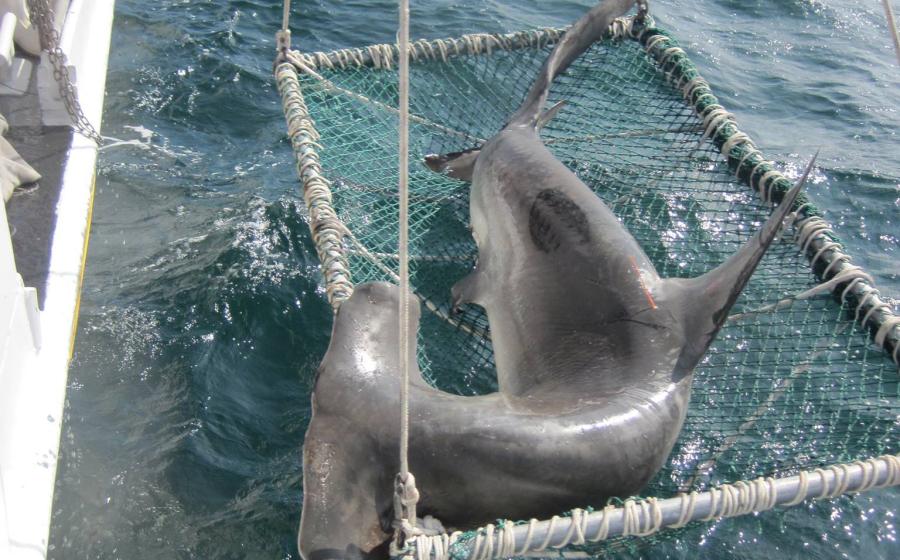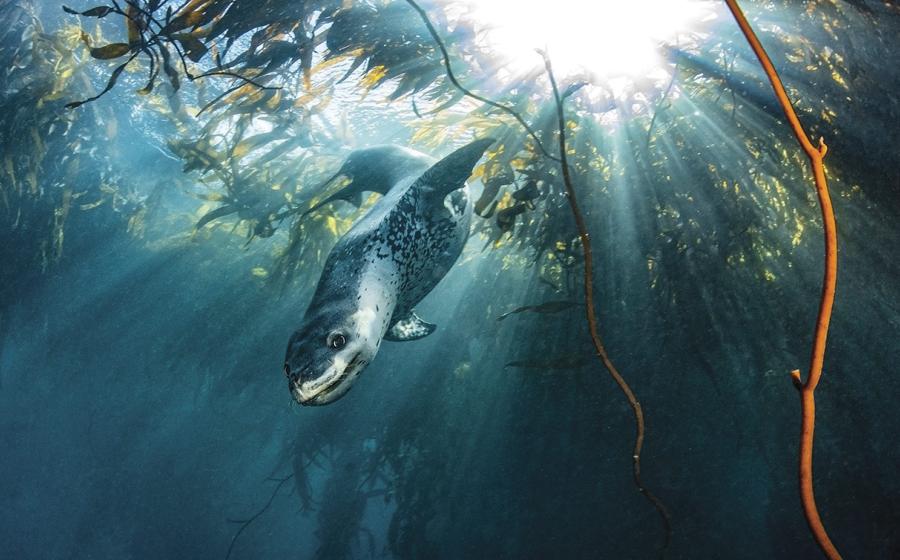Landmark New Shark Protections Will Let Countries Regulate the Shark Fin Trade
The fight to regulate shark finning has taken a major step forward: Government representatives at the world’s largest wildlife summit voted in November to regulate the trade of the species most commonly used in shark fin soup.
The “decision to restrict the unsustainable global trade in some of the most threatened species on the planet provides us all with a hope and optimism that we are not too late to end the dramatic declines in the ocean’s most iconic, and critical, animals,” says Ian Campbell, Associate Director of Policy and Campaigns of the PADI AWARE Foundation.
The vote at the 2022 Convention on International Trade in Endangered Species of Wild Fauna and Flora (CITES) impacts nearly 100 shark and ray species, including those most commonly used in shark fin soup. It limits the trade of all 54 species of requiem sharks, all six species of hammerhead sharks and all 37 guitarfish (a shark-like ray). This means relevant authorities must be satisfied that trade will not affect a species’ survival and existence in the wild before authorizing their international trade. Customs and enforcement officials in member countries can now rely on these regulations when they encounter listed species in trade.
Over one-third of all shark species are threatened with extinction, according to the IUCN Red List, thanks to a litany of ills that include climate change, pollution, habitat loss and regulation and overfishing. Growing demand for shark fin soup, a delicacy in some Asian countries, has exacerbated fishing pressures. The fins of nearly 73 million sharks a year end up in shark fin soup, including species like oceanic white tips and hammerheads whose populations have dropped by more than 90 percent.
Panama, this year’s host nation, set the tone by proposing the game-changing protections for sharks. It invited PADI to provide specialist advice and research to all attending government representatives in advance of the vote. The worldwide community of 128,000 PADI Professionals, 6,600 PADI Dive Centers and Resorts, and the over 29 million certified PADI Divers mobilized and urged their own local governments to take action at CITES and vote “YES” through a global petition.


